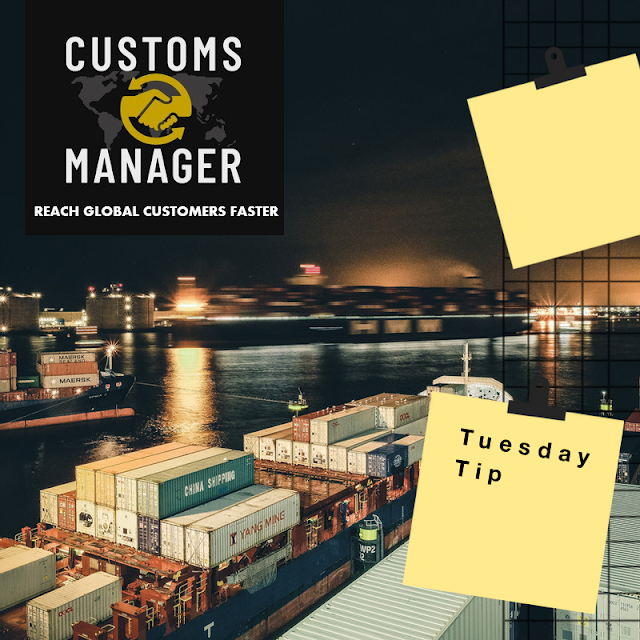Specifics on the Nomenclature of the Rules of Origin
Rules of origin are the requirements for
identifying a product's home country. Their significance stems from the fact
that import taxes and quotas are often tied to the country of origin.
Different countries have widely varying
laws of origin practices. While all governments acknowledge the need for major
transformation, they may use different criteria to determine whether or not to
tax the product. It is more vital in today's increasingly interconnected world
that Members attain some degree of harmony in their procedures for carrying out
such a mandate.
When
do you employ the rules of origin?
Trade statistics, labeling and marking
requirements, government procurement, and the application of anti-dumping
duties and safeguard measures all rely on rules of origin.
No
one can point to a section of GATT that
The GATT does not provide standards for
determining a product's country of origin. Each contractual party was at
liberty to set its own origin rules and, depending on the nature of the
regulation at hand, to maintain several origin rules.
There
is a desire to standardize origin rules.
Harmonization of rules of origin, or the
formulation of rules of origin that
will be implemented by all nations and that will be the same regardless of the
reason for which they are used, is widely acknowledged as a means to improve
the efficiency of international commerce. Misuse of rules of origin, which were
originally intended to facilitate trade policy, has the potential to turn them
into a trade policy tool in their own right. However, such harmonization is
difficult due to the many different source regulations.



Comments
Post a Comment